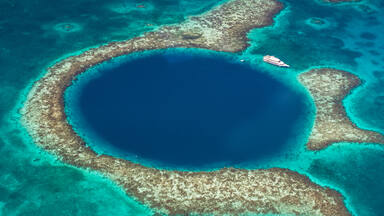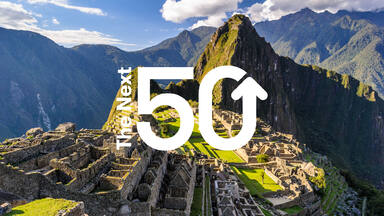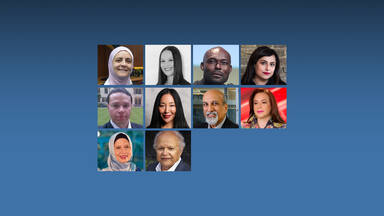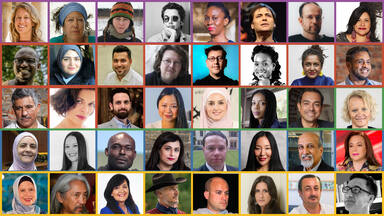Jimmy-Jean Louis
Award-winning actor and human rights activist
Hoor Al-Qasimi
Emirati curator, and president and director of Sharjah Art Foundation
Vision for the Next 50
In the Next 50… The metaverse is used as a powerful tool for cultural preservation and education. This intersection between science, engineering and culture benefits humanity and heritage.
In the Next 50… Based on the experience of COVID-19, the inequalities gap between countries are narrowed. Science and culture collaborate to effectively spread knowledge and values.
Summary
Jimmy Jean-Louis and Hoor Al-Qasimi emphasized the importance of connecting people with the help of culture, but they expressed different ways of working to that end. Al Qasimi believes that the essence of culture is bringing people physically together. She therefore shared her concerns about the speed of the digital transformation of the culture sector during the pandemic. Conversely, Jean-Louis explained how films can contribute towards bridging people from the West and from Africa. He taught us about the Haitian spirit expressed in ‘L’union fait la force’ [unity makes strength], which highlights the need to consolidate the strength of the people for the next 50 years of heritage. Al Qasimi warned that heritage sites must first centre on the people living there. Jean-Louis shared his hope that the wealth of Haitian heritage is more globally known and used as a source of resilience. In this regard, he believes that film and media can be used to recognize and preserve Haitian values and heritage.
Dialogue
Watch the dialogue
Explore other sessions
Five dialogue sessions covering five themes take place in 2022, each joined by thinkers in paired dialogue from diverse regions. The interdisciplinary dialogues inspire new visions for the next 50 years of World Heritage.



